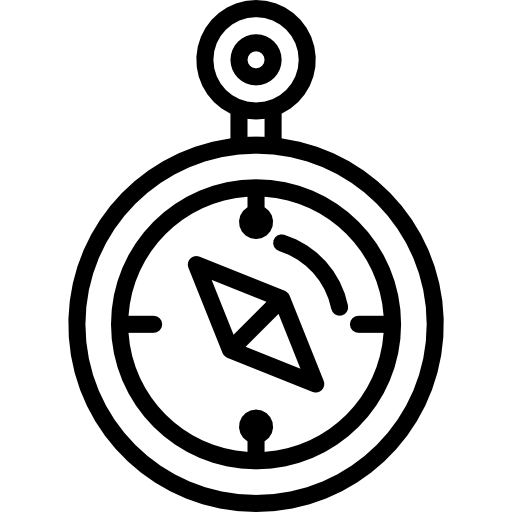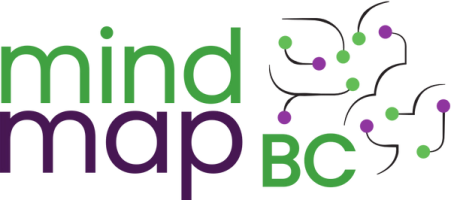Vancouver Black Therapy & Advocacy Foundation
Summary
 Service navigator
Service navigator Individual counselling
Support groups
Information and referrals
Addictions counselling
Free
Sliding Scale Available
2S/LGBTQ+ Affirming
Trans Affirming
LGBQ+ Affirming
Online resource
Remote services
VBT&AF is a non-profit organization connecting Black community members in need to mental health resources such as free therapy, low-cost therapy, free patient navigation, therapy groups, and advocacy services. For our free therapy program, we prioritize providing access to low-income, newcomer, LGBTQIA+, refugee and disabled folks in order to support those with the greatest need and those who face several societal barriers towards accessing care. Our team strongly values providing culturally-competent, trauma-informed and inclusive services, and we vet all counsellors and team members that we work with to ensure that they share similar values. As our team is largely made up of Black and BIPOC-identifying folks, many of us have experienced first-hand many barriers that limit access to mental health services for our community, such as financial barriers, stigmatization, a lack of culturally competent services, and difficulty finding practitioners with shared experiences. For this reason, we are all extremely passionate about increasing access to the services that our community deserves through many of our programs and initiatives. While our foundation operates virtually, some of our counsellors have in-person offices that they meet with clients as, and we also occasionally host in-person events.
Want to learn more about this service’s work with Two-Spirit, trans, LGBQ+ people?
We invite all service providers listed on MindMapBC to answer the following questions. These questions were developed in collaboration with community members, researchers, and mental health and other service providers. They're intended to help us understand what a service provider or organization is doing to affirm and support sexual and gender diverse service users.
See below for responses for this listing.
Want to learn more about our screening questions and filters?
Are the forms used in your practice inclusive of various sexual orientations and gender identities (e.g., opportunities to fill in pronouns, etc.)?
—Yes
Yes, our intake forms all ask folks their preferred name and pronouns.
Do you collect and use preferred names (rather than legal names) for all communications?
—Yes
Yes we do.
Do you and your colleagues have experience providing services that support clients with navigating gender dysphoria*? *TransCareBC describes gender dysphoria as a term "intended to describe the distress some trans people experience with relation to their gender identity, particularly if they would like to transition but have not yet done so".
—Yes
Yes. We contract approximately 10 counsellors, and several of the counsellors (Jasmine, Thoko, Nadine, Maedean) identify as queer and/or queer competent and specialize in supporting folks in the 2SLGBTQIA+ community - myself included.
Please tell us how equipped you feel to support a client in determining if/when their mental health symptoms are related to their gender-related experiences or other factors? Please describe your response choice below.
—Very confident
As mentioned, many of our counsellors specialize in supporting folks from the 2SLGBTQIA+ community and thus would absolutely feel comfortable in supporting clients with this specific need. Clients in our free counselling program are able to choose from either our list of contracted therapists or a therapist in the community, so they would have the ability to select one that specializes in this area/population.
Do you/your colleagues understand the difference between gender dysphoria and mental health conditions/symptoms that are unrelated to gender dysphoria or distress?
—Yes, to some extent
Those of us who specialize in supporting the 2SLGBTQIA+ community understand this, yes.
Do you and your colleagues have experience working with people who identify as living with a disability or chronic illness? Please tell us more about your experience and any training you have received.
—Yes, to some extent
I do not personally, but several of our counsellors do.
Are you and your colleagues comfortable asking relevant questions about gender identity and sexual orientation?
—Yes, to some extent
Those of us who specialize in supporting the 2SLGBTQIA+ community certainly are, yes. In addition, we do ask clients pronouns and whether they have any preferences for the sexuality of their counsellor (for our low-cost program) to ensure they are matched appropriately.
Do you offer Indigenous 2S/LGBTQ+ specific resources, for example Indigenous Elders or Knowledge Keepers?
—No
No, we do not as we primarily support the Black community.
Do you and your colleagues ask clients about pronouns and use them appropriately?
—Yes
Yes, we do ask this on their intake form.
Are you and your colleagues aware of what specific barriers may exist for Two-Spirit, queer, or trans Indigenous individuals accessing your services?
—Yes, to some extent
While many of us are aware of this, we primarily support the Black community.
Are you and your colleagues aware of what specific barriers may exist for LGBQ individuals accessing your services?
—Yes
Yes, we often consider the intersectionality of Black LGBTQ+ folks and reflect on this to make our program more accessible and inclusive.
Are you and your colleagues aware of what specific barriers may exist for trans individuals accessing your services?
—Yes
Yes, we often consider the intersectionality of Black trans folks and reflect on this to make our program more accessible and inclusive.
Does your practice have gender-neutral washrooms?
—Not applicable (please explain why this is not applicable)
We do not have an in-person space. Some of our counsellors do have an office space to meet clients at, but this may depend on individual counsellor's access to facilities.
Are there clear anti-discrimination policies that include gender identity, gender expression, and sexual orientation in your organization or practice?
—Yes, to some extent
While we do vet all counsellors and team members to ensure that they have experience and comfort with support the 2SLGBTQIA+ community, we are in the process of creating specific policies to ensure this.
Are all individuals involved in service provision actively engaged in decolonizing their practices and/or organization? If yes, please type below what actions you and/or your organization are taking.
—Yes
Absolutely, we vet all of our counsellors and team members to ensure that decolonizing their practice is a priority in their work. Some of the initiatives we are taking are contracting with counsellors who do not solely provide Western forms of mental health care, recognizing the impact of intergenerational trauma, prioritizing counsellors that practice cultural-competency, making our services as low-barrier and accessible as possible, etc.
Are all individuals involved in service provision actively engaged in anti-racist practices, policies, and systems in their care model?
—Yes
Yes, absolutely. This is exactly what our foundation sets out to do, and it informs all of our work.
Last updated: July 22, 2025
Request changes —

